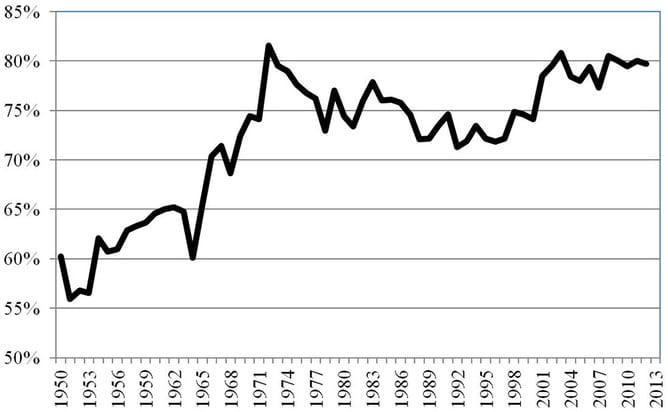Australia’s GST Methodology has its Supporters, but also Detractors
Recently, the Economic Society of Australia polled 49 prominent Australian economists on the issue of GST reform.
They asked each member of the panel whether they agreed with the following statement:
Increasing government revenue collected through the Goods and Services Tax (GST) by removing exemptions (such as food, health, and education) is better than achieving the same extra revenue by increasing the GST rate while retaining the existing exemptions.







